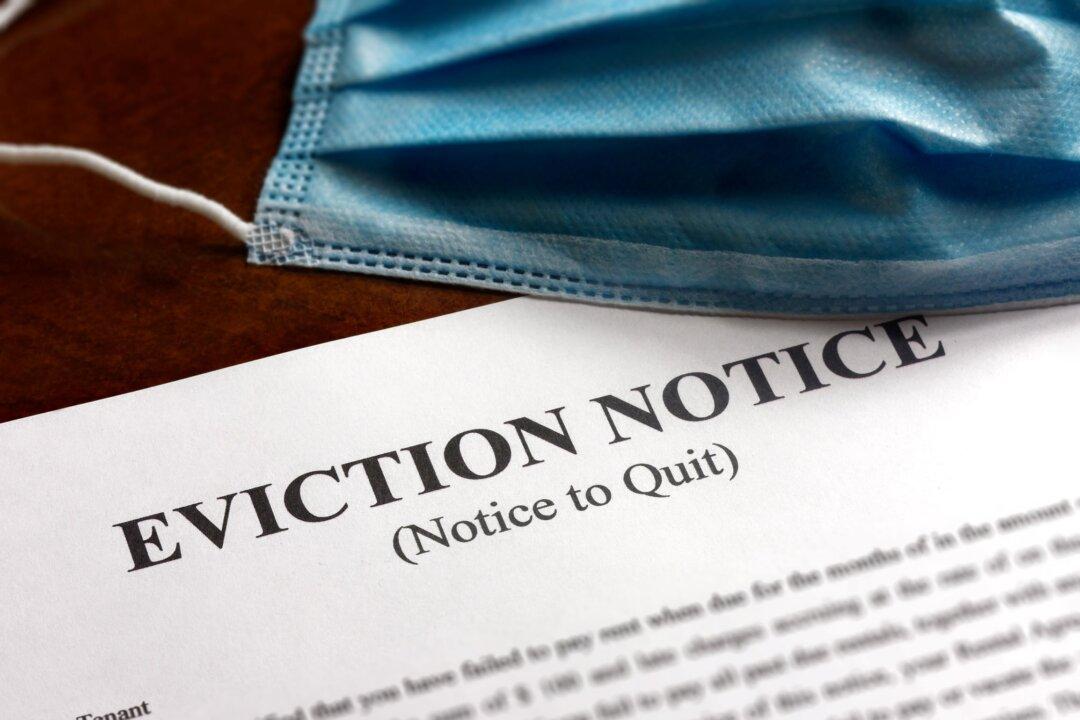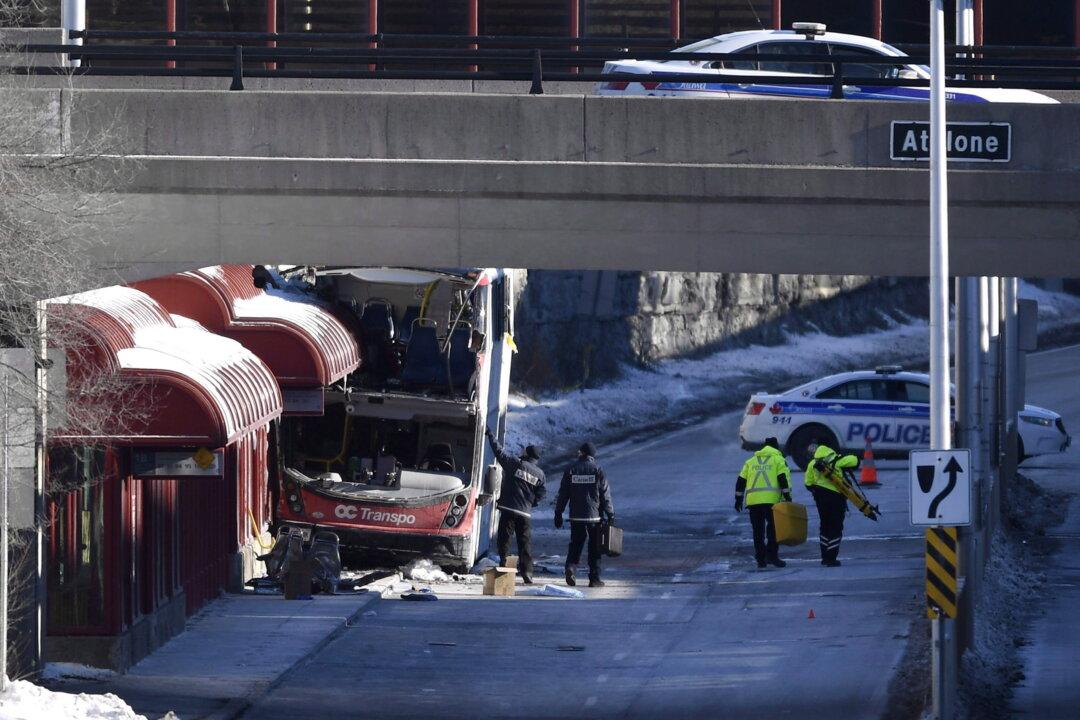Fear that the winter would bring a rash of renters being kicked out of their homes has abated with the provincial government’s decision to pause residential evictions.
The emergency order to temporarily stop the enforcement of evictions was announced Thursday at the start of a provincial stay-at-home-order. It is meant to ensure people are not forced to leave their homes during the current state of emergency related to the pandemic, unless there’s been illegal activity.





